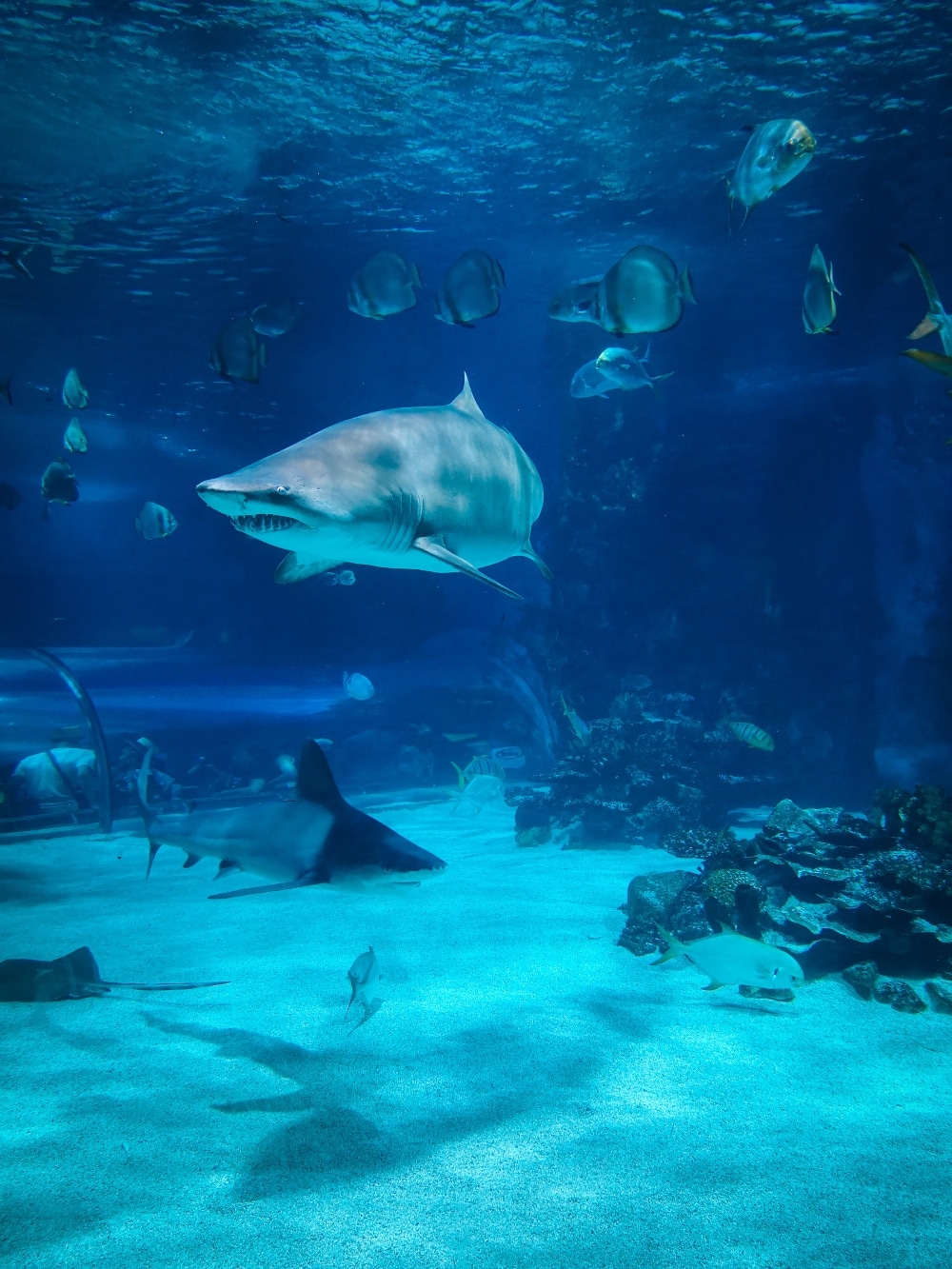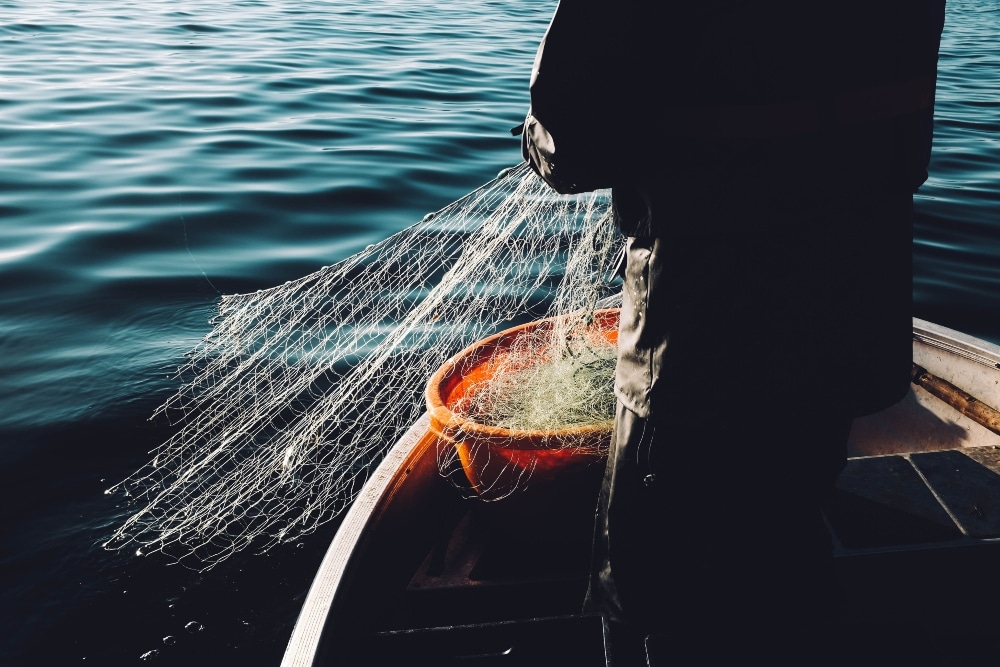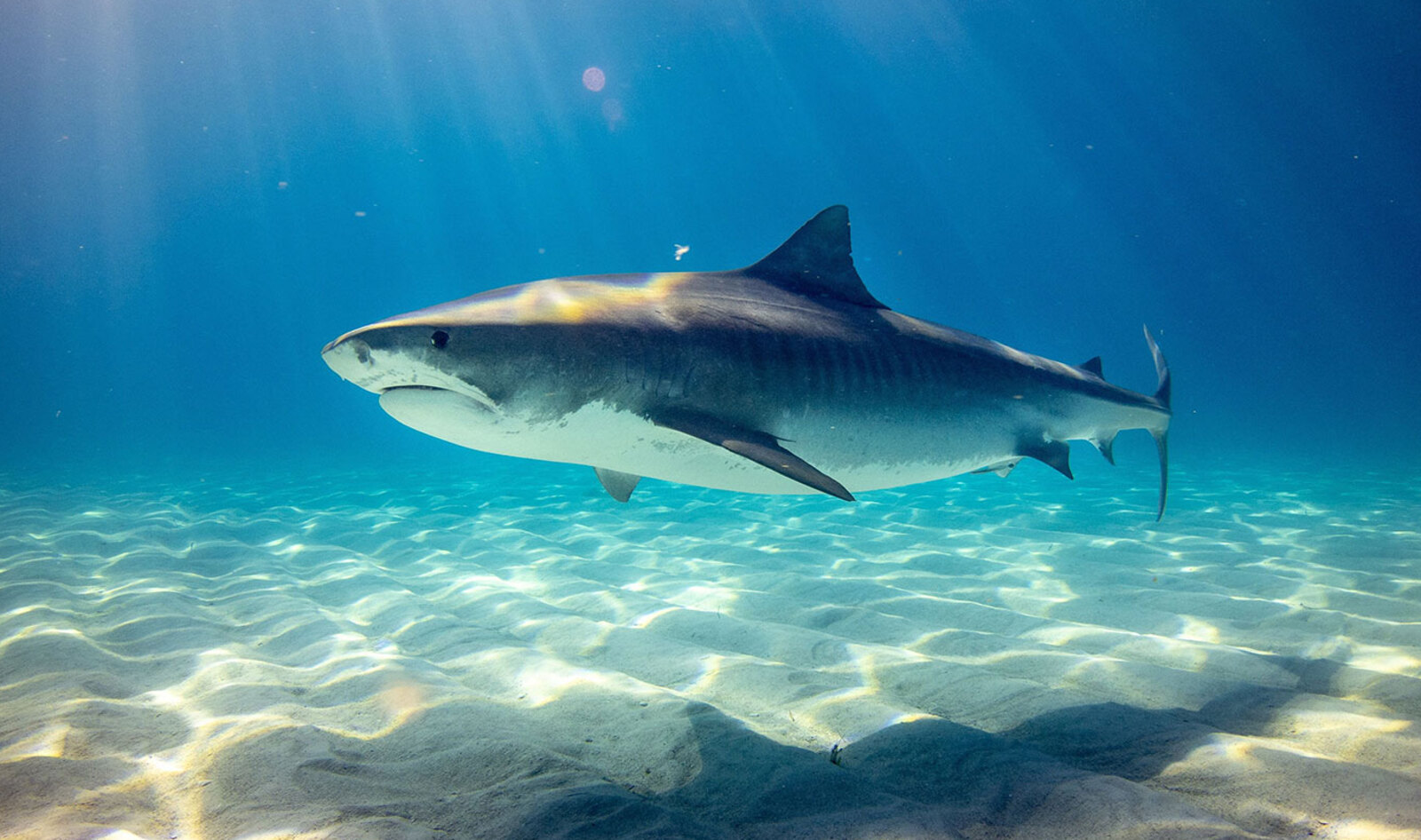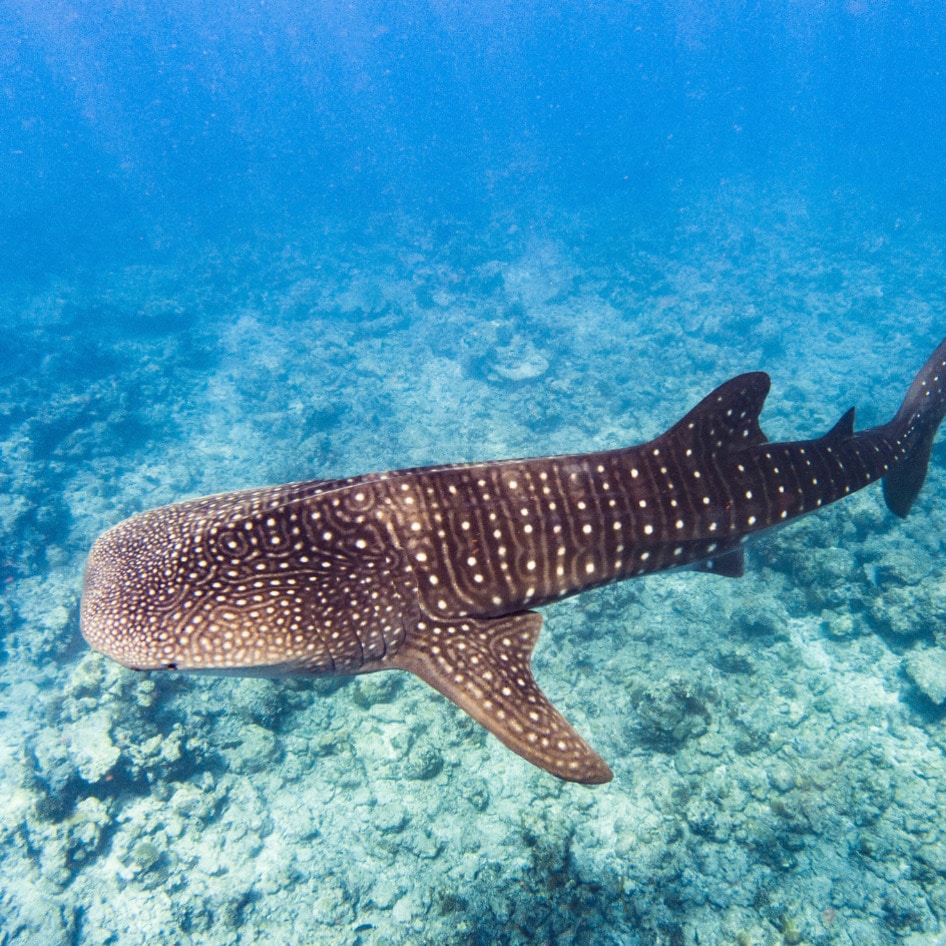According to one 2015 study, more than half of all Americans suffer from galeophobia. It sounds a little like a rare disease, but it’s actually not a physical ailment at all. It simply means to be terrified of sharks. In fact, the same study found that nearly 40 percent of Americans will not swim in the ocean because they are too afraid of the apex predators. But while movies like Jaws have painted an aggressive, malevolent image of sharks, they actually aren’t a major threat to us. When it comes to humans threatening sharks, however, the story is quite different.
Every year, there are fewer than 10 deaths globally due to shark attacks on humans. To put that in perspective, around 2,000 people die every year from being struck by lightning. This means that a human’s chance of dying from a shark attack is beyond minimal. For sharks, the odds aren’t so good.
The International Fund for Animal Welfare reports that every year, humans kill around 100 million sharks. It’s a devastating amount, especially considering that sharks are incredibly important for the overall health of the ocean. Here’s why we really need sharks, even if we are afraid of them, as well as some of the biggest threats facing populations today, from finning to overfishing.
 Unsplash
Unsplash
The shark finning industry
Shark fin soup has been eaten in China for centuries. It’s a delicacy, thought to have several medicinal benefits. But making the dish—a type of broth with fibrous shark fin noodles and chicken stock—relies on the brutal practice of finning sharks. This usually involves fishers catching them from the ocean, slicing off their fins, and then throwing them back overboard, where they will eventually bleed to death.
But not all of this happens off the coastlines of Asia, where demand for the dish continues to rise. Last year, one report revealed that half the shark fin trade is coming from Europe. Spain, Portugal, the Netherlands, Italy, and France were all named in the report as some of the most significant players in the market. From 2003 to 2020, Spain imported 51,795 tonnes of shark fin to Hong Kong, Singapore, and Taiwan.
This global trade is putting immense pressure on sharks, which are disappearing from our oceans rapidly. “Although many place the burden of change on the consumptive countries, primarily in Asia, equally responsible for declines in shark populations are all countries with internationally operating fishing fleets and trade in shark products,” Stan Shea from the Bloom Association, a Hong Kong marine conservation nonprofit, told the Guardian.
What is the biggest threat to sharks?
The shark finning industry is, without a doubt, one of the biggest threats facing the world’s shark populations right now. But it is far from the only threat. The shark liver oil industry is also responsible for driving up demand for shark fishing, and so is the shark meat market. Just like a shark fin, shark meat is considered a delicacy in a number of countries, including India, Japan, and Iceland, where fermented shark (called kæstur hákarl) is a national dish.
All of this contributes to overfishing, which is the biggest threat facing sharks right now. And the consequences are serious: in the past five decades, shark populations have declined by 70 percent, notes Greenpeace. “When it comes to solving the problem of overfishing sharks, every country has got a role to play,” the environmental nonprofit says. “No single country, nor cuisine, can be blamed for the staggering number of sharks being killed every single year–but every country can step up to solve this problem.”
Strict rules and legislation around the import and trade of shark products need to be implemented, notes Greenpeace. And for the sharks that are left, we must protect them by creating a “network of ocean sanctuaries across the world,” it adds.
It’s important to note that it’s not just the industries specifically targeting sharks that are blamed for their decline. Millions of these marine predators also end up as accidental bycatch, fatally caught in fishing nets meant for other fish. But whether they become soup, meat, oil, or accidentally caught in a net, sharks are suffering. And that’s not just an ethical crisis, but also an environmental one, too.
 Unsplash
Unsplash
Why are sharks key to a healthy ocean?
Sharks are apex predators, which are also known as the “top” predators. This means that they are at the very top of the food chain, apart from humans, they’re not actively hunted by any other animals around them. Because of this, they play a very important role in maintaining underwater ecosystems—they help to control prey numbers, which in turn, regulates the amount of smaller predators in the ocean.
“The removal of an apex predator can have knock-on effects on the entire ecosystem, including the landscape,” science writer and animal behavior researcher Leoma Williams notes for BBC Wildlife.
“For example, when grey wolves were hunted to extirpation in Yellowstone National Park the population of elk, their primary prey soared,” she continues. “This in turn led to the overgrazing of woody trees such as aspen and willow. Beavers declined as a consequence of this, as they depend on willow to survive the winter.”
The same thing is happening in the ocean, except it’s not grey wolves, it’s sharks, and instead of elk, it’s fish-like groupers. The groupers eat the smaller fish, the ones that help to manage microalgae and coral, and the entire ecosystem, and the health of coral reefs (which are vital in tackling the climate crisis), becomes under threat.
But there are efforts underway attempting to counteract the impact of shark overfishing. One initiative, called ReShark, is defined as an “international, collective effort to recover threatened sharks and rays around the world.”
Right now, it’s raising 500 endangered baby zebra sharks, all of which were born in captivity. In time, it will release them back into the wild in an attempt to combat the detrimental impacts of habit degradation and the shark finning trade. After that, the sharks will be monitored to see if the population recovers, but the group also aims to educate local communities about why sharks are so ecologically important.
You can find out more about ReShark and the vital work it’s doing to restore shark populations here.
For more on sharks, read:
JUMP TO ... Latest News | Recipes | Guides | Health | Subscribe









